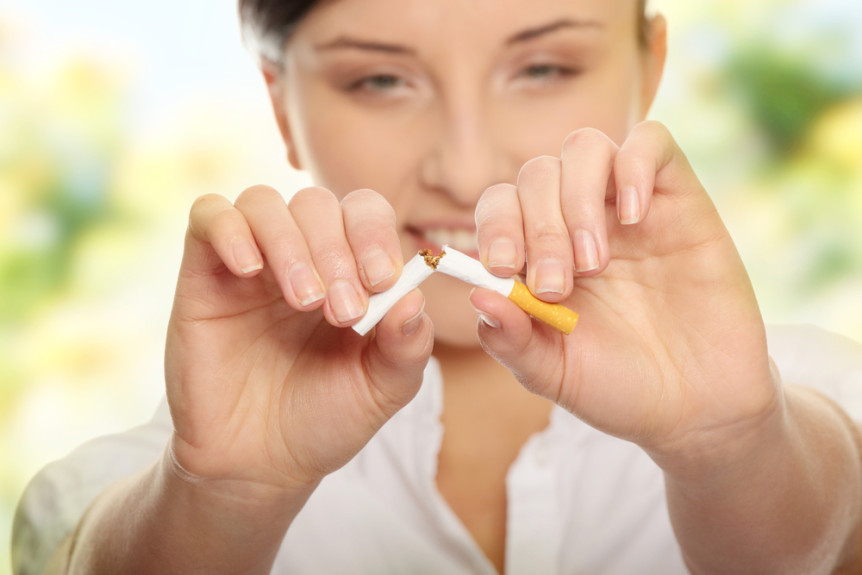People who have lost one or more of their adult teeth can now go with a dental implant instead of traditional dentures. That’s an attractive proposition for many patients, but it’s important to understand that certain lifestyle choices can make implants problematic, particularly smoking.
Smoking can compromise dental implants by reducing the oxygen to the gums and causing the jawbone to weaken, leading to a higher chance of implant failure. If you have standard or mini dental implants, smoking for an extended period of time will have a negative impact on them. Therefore, it is imperative to quit smoking and consult a dentist who specializes in mini dental implant lexington (or in your area) who can examine the condition of implants and provide advice on how to preserve them.
What Smoking Means for Your Mouth
It isn’t breaking news that smoking is harmful, but it’s naturally the most fatal complications that are the most publicized. This means that many smokers are unaware of the effect that their habit has on their oral health.
The smoke that is inhaled will burn the oral tissue, causing the skin cells to thicken. Furthermore, your salivary glands can become blocked off, often creating a dry mouth, and nicotine will make it harder for an adequate amount of blood to be supplied to all areas of your mouth.
What Smoking Means for Your Dental Implants
The problems listed above impact your mouth’s ability to heal. Unfortunately, the success of a dental implant depends largely upon the ability of the titanium used to fuse with the patient’s jawbone. This process is known as Osseo-integration, and it’s significantly less likely to occur in a patient who is a heavy smoker.
Of course, this doesn’t mean that smokers are completely cut-off from the procedure, just that the odds of failure are more significant. Problems are most likely to occur within the first two weeks, though later failures can still be associated with a long-term smoking habit.
What This Means for You
Dentists who offer Bath dental implants or similar treatments elsewhere need to know that a dental implant has a good chance of success before the procedure is carried out; a problematic implant can actually require more work than would be needed for a natural tooth that needs to be extracted.
The best way forward is simply to quit. This won’t reduce the likelihood of a problem occurring entirely, but it will dramatically increase your chances of finding the operation successful.
Ultimately, the viability of a dental implant is going to vary from person to person, but smoking is one of the most common risk factors. If you’d like more information, don’t hesitate to contact an oral health professional at your earliest convenience.
- Best learning toys for children as they age - July 19, 2023
- Luxury yacht charter vs. standard yacht charter: Which is right for you? - February 7, 2023
- Comfortable Shoes for Being on Your Feet All Day - January 10, 2023

Like It? Share It!